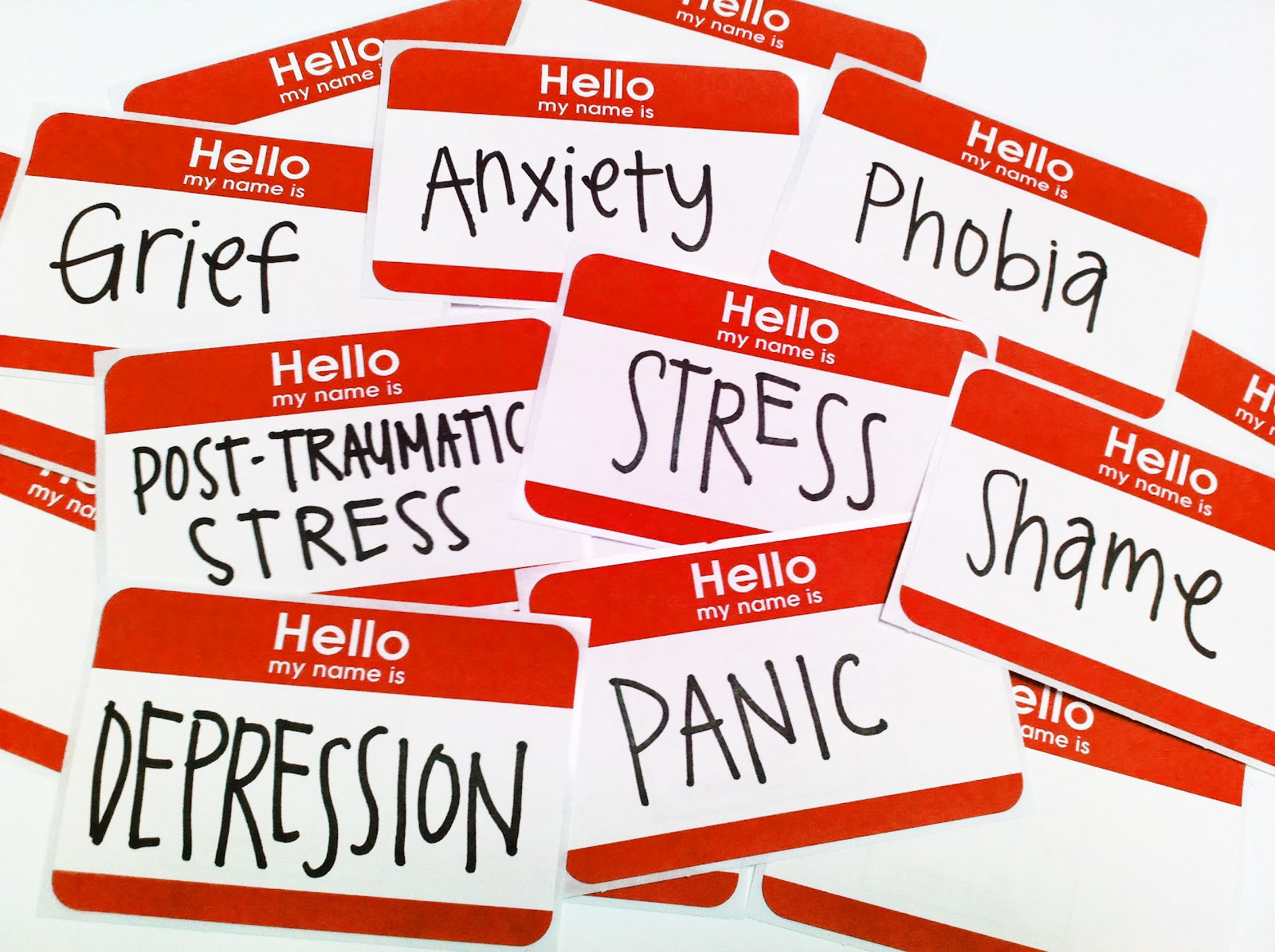

Besides physical health, another important factor of being healthy is having good mental health. This would mean living without mental health conditions like anxiety, depression, stress and many more. These conditions come and go depending on what happens in someone's life. Different mental health conditions have different causes.
Sportsmen are the some of the people that are very likely to fall into mental health conditions, especially the ones mentioned earlier; anxiety, depression and stress. This is because of their job, their profession. Being a professional athlete can be very stressful, especially when going up against one of the higher level players or teams. The stress comes from the worry of losing and the fear of letting down fans. This can also cause anxiety. Sportsmen can often become worried or anxious about their performance and in extreme cases, faint. Sportsmen can become depressed when they lose a game or match, especially after a long winning streak.
Anxiety can be caused by either life events or an anxiety-linked disease or condition. Life experiences like traumatic events appear to trigger anxiety disorders who are already prone to becoming anxious. It can also be inherited from family members. The medical problems linked to anxiety are heart disease, diabetes, thyroid problems like hypothyroidism or hyperthyroidism, asthma, drug abuse or withdrawal, withdrawal from alcohol, anti-anxiety medications, or other medication, irritable bowel syndrome, rare tumors that produce hormones and premenstrual syndrome.
The signs and symptoms of having anxiety include feeling nervous or powerless, having a sense of impending danger, panic or doom, having an increased heart rate, hyperventilation, sweating, trembling, feeling weak or tired and trouble concentrating or thinking about anything other than the present worry. Some of these are not always signs of anxiety. For example, having an increased heart rate or hyperventilation can also be the result of exercise or excitement.
There are ways for anxiety to be treated. The first one is to learn about the disorder from a doctor and discuss the specific issue. Another one is to follow the instructed intake of medication when needed. Family and friends should support those with anxiety and help overcome it. Anxiety support groups can also help a lot because they would understand the situation and will share their experiences as well, this way anxiety will be overcome as a group. Socialising and forming relationships can lessen worries. When anxious, taking walks or enjoying hobbies will take your mind off worrying. Accepting past events can help rather than dwelling on them, if something can be changed, it should but letting things go can really help.
Being stressed is often caused by situations and things called stressors. Originally, people would think stressors are all negative, but actually, anything that puts high demands on people can be stressful like getting married, buying a house, going to college or receiving a promotion.
The effects of stress on the human body include headache, muscle tension or pain, chest pain, fatigue, stomach upset and sleep problems. The effects of stress on mood include anxiety, restlessness, lack of motivation or focus, irritability or anger and sadness or depression. The effects of stress on behaviour include overeating or undereating, angry outbursts, drug or alcohol abuse, tobacco use and social withdrawal.
To manage stress it is best to take time-outs with general relaxation, eat well-balanced meals everyday, limit alcohol and caffeine as much as possible, get enough sleep, exercise daily, take deep breaths, count to 10 slowly, aim for personal best instead of perfection, accept that everything is not in your control, have a good sense of humor, get involved in community activity, learn what causes your anxiety and lastly, talk to someone about the problem.
Depression can be caused by many things including physical, sexual or emotional abuse, consumption of certain medications, personal conflicts or dispute with family members or friends, death or a loss, genetics, major events, and serious illnesses.
The symptoms of having depression include difficulty concentrating, remembering details and making decisions, fatigue and decreased energy, feelings of guilt, worthlessness or helplessness, feelings of hopelessness or pessimism, loss of interest in activities once pleasurable, overeating or appetite loss, persistent aches or pains, persistent sadness, anxious or 'empty' feelings and thoughts of suicide.
There are quite a few types of treatment for depression, including anti-depressant medicines, psychotherapy, electric shock treatment, interpersonal therapy, psychodynamic therapy, and cognitive behavioural therapy.
Exercise should be done regularly even when dealing with said mental health issues as it is important in the process of relieving them. Not only will it prevent certain other health issues from occurring, but also because it can help take your mind off of things in the cases of stress and anxiety. In the case of depression, exercise can make you feel more active instead of feeling helpless and it will. It is also important to stay fit at all times and exercise is important in order to follow this.


Terry Paxton Bradshaw is a former NFL quarterback for the Pittsburgh Steelers. He lead the team to four Super Bowl wins over six seasons and was a Super Bowl MVP twice. He retired in 1983 at the age of 35 and became a sports commentator working for both the CBS and FOX networks. After retirement, he admitted that he often went through anxiety attacks after games. The problem worsened in the late 1990s after Bradshaw had his third divorce and he said he "could not bounce back" as he did during past experiences. He started to experience weight loss, crying and insomnia in addition to the anxiety and was diagnosed with clinical depression. In 2004, Bradshaw travelled around the U.S. speaking about his experience of depression, he also spoke about his use of the antidepressant Paxil CR.